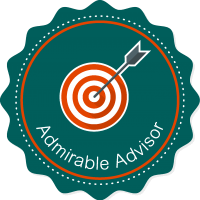Feedback plays a pivotal role in enhancing the learning outcomes. It serves as a valuable tool for students to measure their performance and identify areas for improvement. There was research conducted in a school in Peterborough, UK, which suggests that effective feedback, rather than mere marks, can have numerous benefits. It can help students uncover hidden barriers, contribute to their mental and emotional well-being, and foster a deeper understanding of progress. It eventually generates a self-learning environment in the school.
Further the methods of feedback for assessments must also change. Teachers may give feedback in various forms, including formal, informal, written, recorded, verbal, etc. Regardless of its form, feedback should always be constructive and task specific. Balanced feedback should include the strengths, areas of improvement, and actionable suggestions for further progress of the learner.
Just like students, all individuals need proper feedback to improve efficiency in their respective domains. Teachers need systematic feedback to refine their teaching methodologies.
The teachers must also know their strengths and weaknesses. This will help them to employ best practices and foster critical thinking among students, thus facilitating the development of 21st century skills.
Various methods exist for teachers to receive or give feedback. It could be peer review, where a colleague observes the class and gives his/her review.
The second method could be collecting feedback from students at the end of a particular lesson.
The third way could be self-evaluation. Self-evaluation can help the teachers to identify the areas for improvement. This feedback process can not only support individual growth but also contribute to the overall improvement of educational practices. Thus, feedback is a simple yet powerful tool.
Learners learn better when facilitators improvise on the learning strategy as per the needs of the students. This brings out a constructive feedback and positive learning outcomes. Thus, an effective feedback mechanism can contribute to the broader goals of education.

